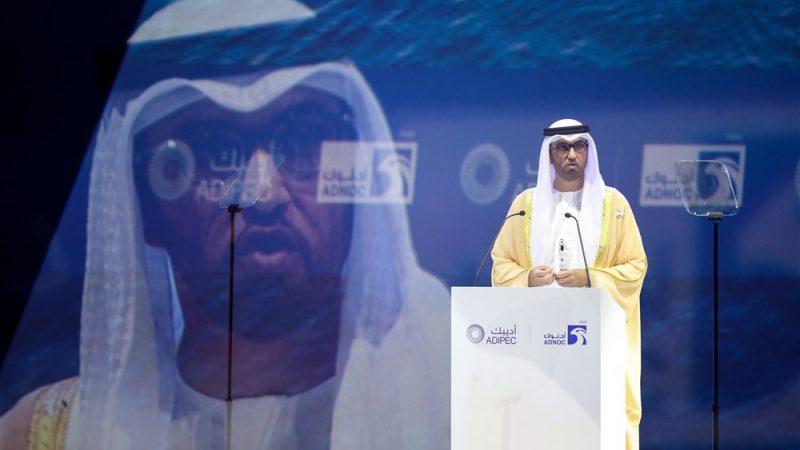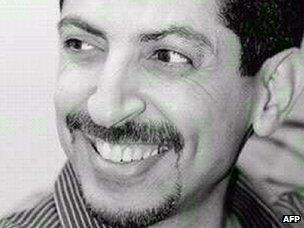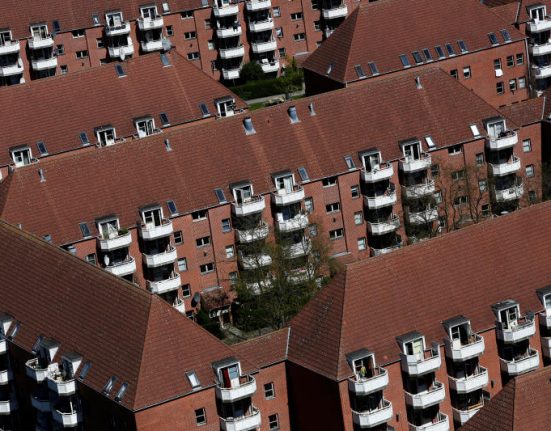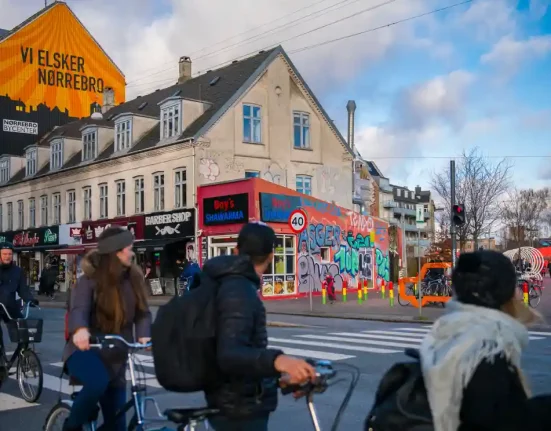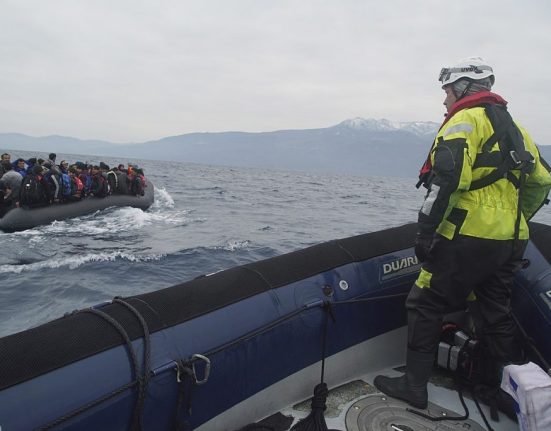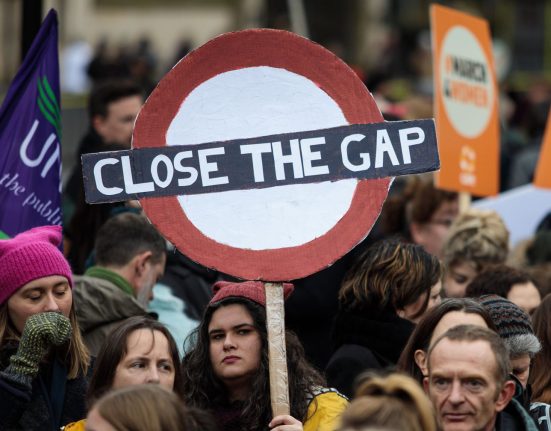Following criticism from activists over the oil-producing country’s role, Denmark said it is hopeful that the United Arab Emirates, which is hosting this year’s UN climate talks, will push for ambitious action to combat climate change at the conference.
Sultan al-Jaber, president of the UAE’s oil company ADNOC and its climate envoy, was appointed by the UAE last week to preside over negotiations between the roughly 200 nations that typically participate in the COP28 climate summit in Abu Dhabi.
The decision has been met with dismay among many green activists concerned about the hosting of COP28 by a leading fossil-fuel producer nation, after the previous summit was held in gas-rich Egypt in 2022.
Chiara Liguori, climate advisor, Amnesty International: “Sultan al-Jaber’s appointment sends the wrong signal to the people most affected by climate change. It is also a disappointing selection for all those hoping COP28 will offer swift progress on reducing carbon emissions and delivering climate justice.
“The fact that the UAE is a major oil producer does not bode well for the outcome of COP28, and the appointment of the head of the national oil company will heighten concerns that the UAE will use its presidency of COP28 to foster fossil fuel interests.”
“COP28 must speed up the global phase-out of fossil fuels – we cannot have another COP where fossil fuel interests are allowed to sacrifice our futures to eke out another few years of profit,” said Vanessa Nakate, climate justice activist, in Uganda.
“The voices of civil society and young activists are crucial in holding governments to account – they must be heard in Dubai without intimidation.”
After some delegates criticised last year’s event in Egypt, where they claimed that fossil fuel producers had watered down emission reduction ambitions, activists worried about the influence of the fossil fuel lobby on the talks criticised the appointment.
But Dan Jorgensen, Denmark’s minister for global climate policy and development, told Reuters that he thinks “that everything the Presidency has done so far has only given us reason to be optimistic.”
“If we are to stay below 1.5 degrees in temperature increase, it is totally necessary that we have a transition of all societies on this planet, also the oil producing ones,” he said, adding that in his experience – which includes representing Denmark in UN climate talks since 2019 – the UAE has been “very engaged” in diplomacy on the issue.
Al-Jaber said on Saturday COP28 should forge solidarity between the global north and south, and the UAE would approach the conference with a “great sense of urgency”.
Others like Rachel Kyte, dean of the Fletcher School at Tufts University also said: “The incoming COP president has a dilemma. The UAE is competing to be the most efficient and lowest-cost source of fossil fuels, (even) as global production must diminish through the energy transition … There cannot be any more development of fossil fuels.”
“It will be challenging as COP president to unite countries around more aggressive action while at the same time suggesting that other producers stop producing because (the) UAE has you covered. We don’t have the planetary space for mixed messages.”
Countries at COP28 will formally assess their progress towards the Paris Agreement’s goal to limit global warming to 1.5C – and the far faster emissions cuts needed to do that.
Jorgensen said this stocktake must also yield a plan for how countries will get on track for the 1.5C goal – as well as more funding to help developing nations do this.
The world is already 1.2C warmer than pre-industrial times, predominantly due to greenhouse gas emissions from burning fossil fuels.


